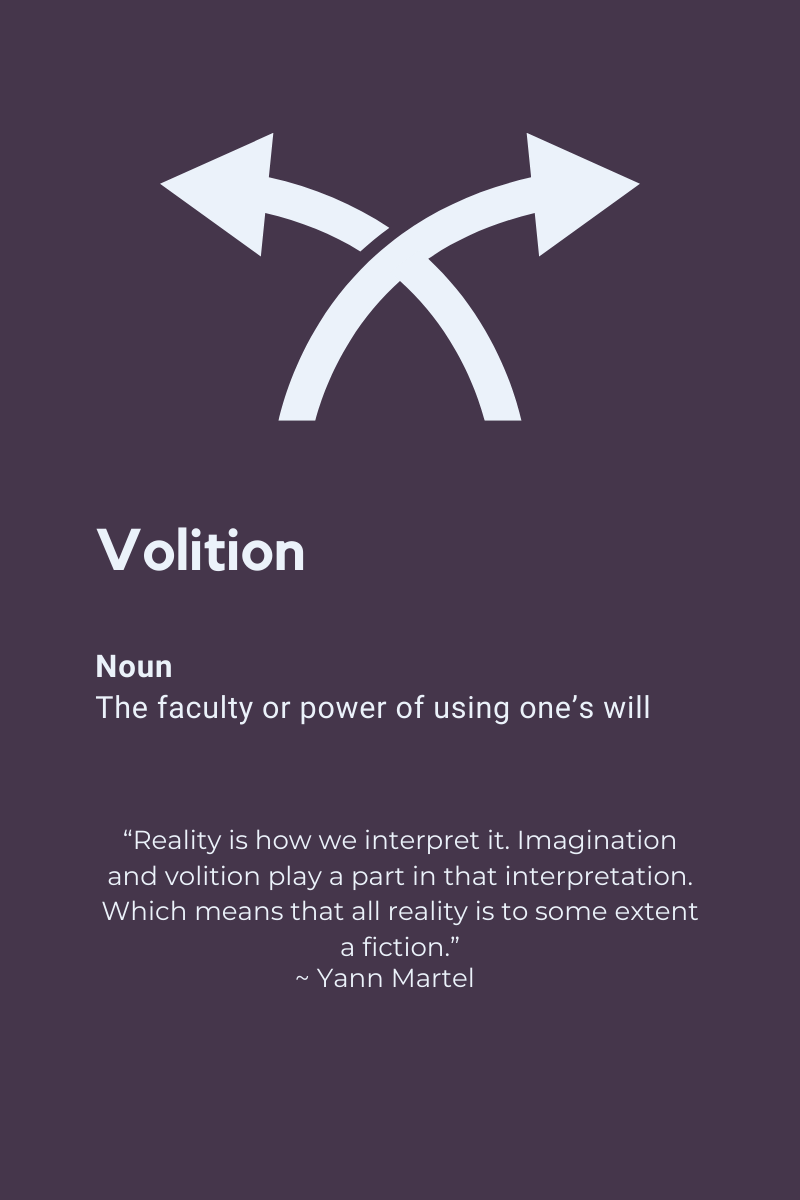Understanding the Foundations of Stress: A Comprehensive Guide
- Aidan
- Jun 2, 2025
- 4 min read
Updated: Aug 29, 2025
Before we can begin to address the issues that stress causes in our lives, it's important to go back to the source and define what we actually mean by stress. At first glance, this might seem like a simple question with a personal answer. For one person, stress might come from a looming project deadline. For another, it might be the frustration of missing bin collection day. Already, we can see that stress is a deeply subjective experience. It varies from person to person and even from moment to moment.

How We Interpret Stress: Threat vs. Coping
The experience of stress is essentially a balancing act between how threatening we perceive a situation to be and how capable we feel of handling that threat. At its core, stress involves two mental questions:
Is this situation a threat to me?
Can I cope with it?
This forms what psychologists call threat appraisal and coping appraisal. The balance (or imbalance) between these two determines our level of stress.
The Three Zones of Stress
Understanding the different zones of stress can help us navigate our feelings better. Here are the three zones:
Low Threat / High Coping Ability
When we feel highly capable and the threat seems small, we’re relaxed. So relaxed, in fact, that we may not even feel motivated to take action. The issue feels too minor to matter.
Balanced Threat and Coping
This is the productive stress zone. You feel challenged but capable. Athletes perform best here. You probably do your best work in this zone, just outside your comfort zone but not overwhelmed.
High Threat / Low Coping Ability
When the perceived threat overwhelms your ability to cope, stress becomes distress. This is when people begin to fray becoming avoidant, emotional, or even incapacitated. This is us beyond our limits.
The Fight-or-Flight Response: Your Body on Stress
Why do we respond this way? Because of a powerful internal balance between two systems in our nervous system:
The Sympathetic Nervous System (SNS)
Activates our "fight or flight" response.
The Parasympathetic Nervous System (PNS)
Promotes "rest and digest."
The sympathetic and parasympathetic systems regulate stress responses (McEwen, 2007). When the SNS is activated by a perceived threat, your body prepares for action. This includes:
Heart rate increases
Breathing quickens
Digestion slows
Pupils dilate
Cortisol floods the body
Cortisol helps increase blood sugar levels to fuel physical response, useful in short bursts. However, it also impairs memory, concentration, and logical thinking (Lupien et al., 1998). This is why, after a stressful event, you might struggle to recall details clearly. During stress, we might make decisions we later regret.
The PNS, on the other hand, helps us calm down. It slows the heart rate, restores digestion, and brings the body back to a state of rest and recovery. These two systems work in opposition, regulating our body’s response to the world around us.
Evolutionary Mismatch: Short-Term vs. Chronic Stress
Here’s the catch: our stress response evolved to handle short-term, physical threats. Think of escaping predators or surviving natural disasters. These intense, short bursts of stress were useful, even healthy.
In the modern world, however, stress has taken on a new form. We rarely face immediate physical danger. Instead, we’re exposed to chronic stressors such as:
Financial pressure
Workplace demands
Social comparison via social media
Constant notifications and information overload
This long-term activation of the stress response leads to burnout and breakdown. Chronic stress affects every domain of health: physical, emotional, cognitive, social, spiritual, and even our sleep rhythms. When stress becomes chronic, the once-helpful "fight or flight" system becomes destructive.
You Don’t Have to Face Stress Alone
Severe or chronic stress can feel overwhelming, even insurmountable. Sometimes, what we need is a safe space and a compassionate ear.
At Volition Therapy, we offer just that. If you're feeling the effects of stress and think you might benefit from talking it through, get in touch. Book a free, no-obligation chat and see how we can work together to help you manage your stress and find your way forward.
Additional Strategies for Managing Stress
Mindfulness and Meditation
Practicing mindfulness and meditation can significantly reduce stress levels. These techniques help ground you in the present moment, allowing you to observe your thoughts without judgment. Mindfulness has been linked with better emotional regulation (Grossman et al., 2004).
Physical Activity
Engaging in regular physical activity is another effective way to combat stress. Exercise releases endorphins, which are natural mood lifters. Whether it's a brisk walk, a gym session, or yoga, moving your body can help alleviate stress. Physical activity is known to reduce symptoms of anxiety and depression (Schuch et al., 2016).
Healthy Eating
Nutrition plays a crucial role in how we feel. Eating a balanced diet rich in fruits, vegetables, lean proteins, and whole grains can improve your overall mood and energy levels. Avoiding excessive caffeine and sugar can also help maintain a stable emotional state.
Social Support
Connecting with friends and family can provide emotional support during stressful times. Sharing your feelings and experiences can lighten your burden. Building a strong support network is essential for managing stress effectively.
Professional Help
If stress becomes unmanageable, seeking professional help is a wise choice. Therapists can provide strategies tailored to your needs, helping you navigate through challenging times.
In conclusion, understanding stress and its effects is the first step towards managing it effectively. By employing various strategies and seeking support when needed, you can reclaim your peace of mind and lead a more balanced life.




Comments